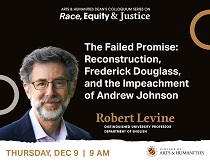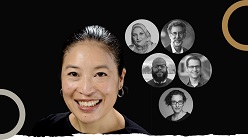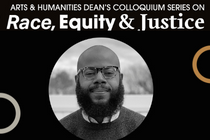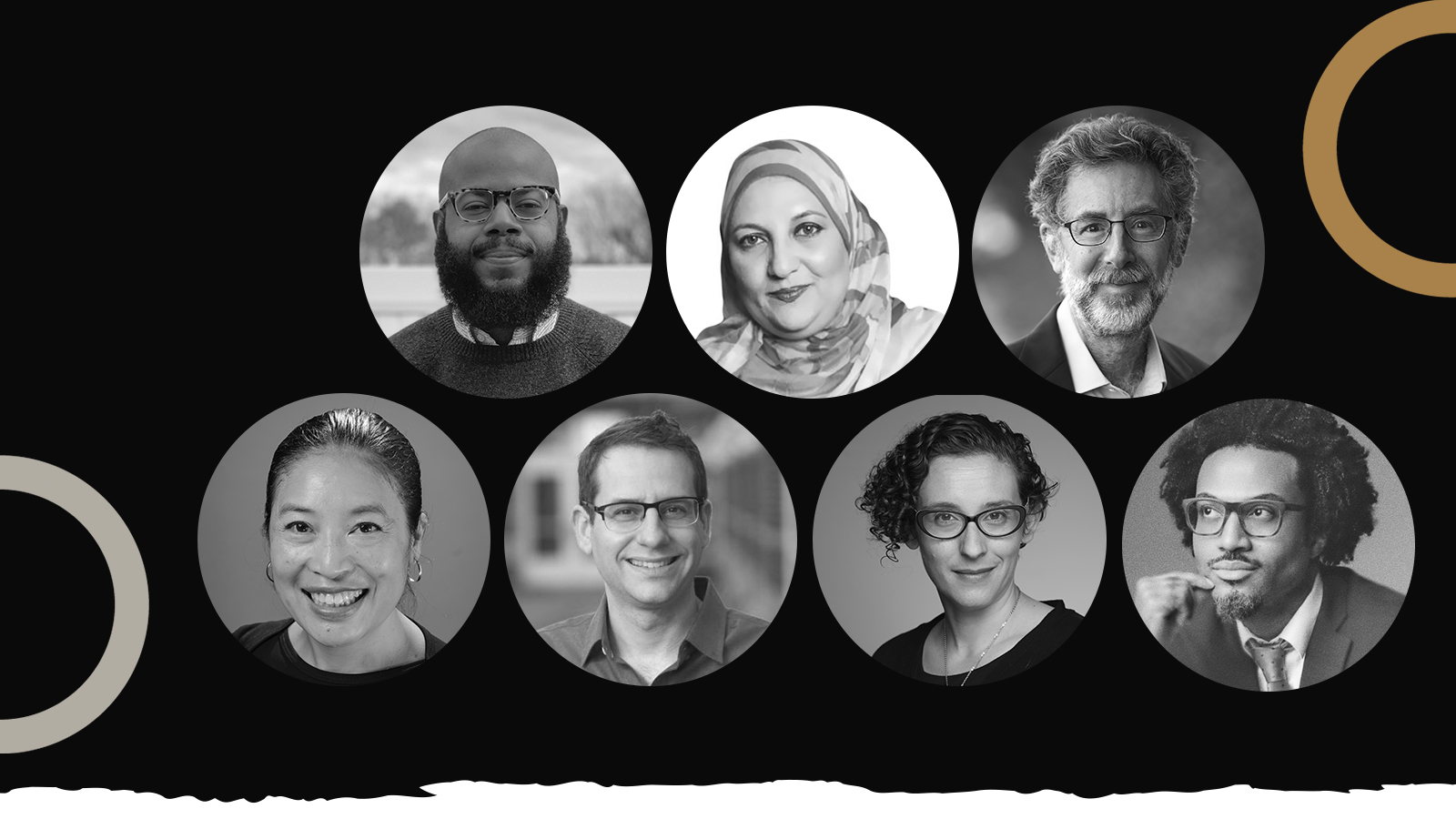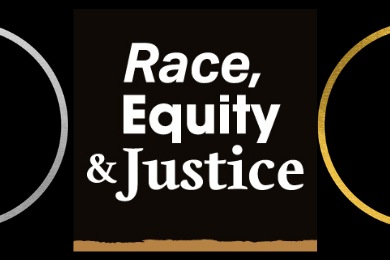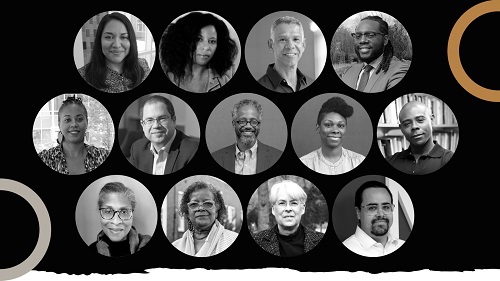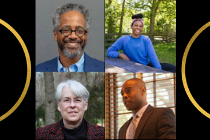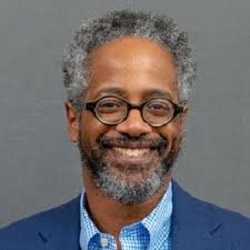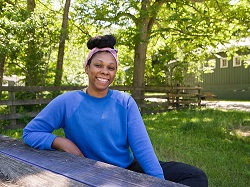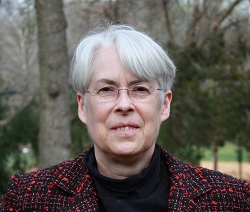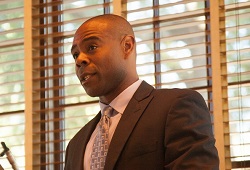By ARHU Staff
The College of Arts and Humanities (ARHU) at the University of Maryland continues its successful Dean's Colloquium Series on Race, Equity and Justice, a colloquium and conversation series hosted by Dean Bonnie Thornton Dill. The series, which began in 2020, seeks to introduce audiences to faculty expertise on issues of systemic racism, inequality and social justice, and continues this year with a focus on the impacts of systemic racism on Asian, Jewish, Black, LGBTQ+, Arab and Muslim populations in the U.S. The events are free and take place virtually.
The first colloquium of the 2021–22 academic year will be held Wednesday, Oct. 27, 2021, from 9–10 a.m. and features Associate Professor of History Christopher Bonner. Bonner’s talk “Willis Hodges's Shield: The Meanings of Black Voters” will focus on voting and racial justice through the lens of the 19th-century activist Willis Augustus Hodges. It will be followed by a conversation with the dean and a Q&A.
Upcoming talks will focus on topics ranging from countering Islamophobia to fan fiction and social justice. A full list with links to register is available below.
“I am so pleased that this successful series continues into a new academic year with even more opportunities for the community to learn from our incredible ARHU faculty members,” said Thornton Dill. “They are nationally-known thought leaders on issues of race, inequality and social justice and their expertise will undoubtedly promote dynamic conversations and spark new ideas for social change.”
The series is part of a collegewide campaign launched in 2020 to address racism, inequality and justice in curriculum, scholarship, programming and community engagement. Among other actions, the Committee on Race, Equity and Justice, made up of faculty, staff and graduate students, serves to advise the dean on goals related to the eradication and dismantling of structural racism and on strategies for ensuring equity and social justice throughout the college, campus and community.
Each event is free. These conversations are also ARHU TerrapinSTRONG events.
The full list of 2021–22 colloquia events is as follows:
Oct. 27, Christopher Bonner, associate professor in the Department of History, whose talk is titled "Willis Hodges's Shield: The Meanings of Black Voters." Register here
Nov. 19, Janelle Wong, professor in the Department of American Studies, whose talk is titled “At the Crossroad: Black and Asian American Relations in U.S. Politics Today.” Register here.
Dec. 9, Robert Levine, Distinguished University Professor in the Department of English, whose talk is titled “The Failed Promise: Reconstruction, Frederick Douglass and the Impeachment of Andrew Johnson.” Register here.
Feb. 17, Alexis Lothian, associate professor in the Harriet Tubman Department of Women, Gender, and Sexuality Studies, whose talk is titled “Fan Fiction, Social Justice and the Politics of Fantasy.” Register here.
Mar. 16, Sahar Khamis, associate professor in the Department of Communication, whose talk is titled “Insights on Countering Islamophobia through Research, Activism and Media Outreach.” Register here.
Apr. 15, La Marr Jurelle Bruce, associate professor in the Department of American Studies, whose talk is titled “How to Go Mad without Losing Your Mind: Toward a Mad Methodology.” Register here.
Apr. 27, Shay Hazkani, assistant professor in the Department of History and Joseph and Rebecca Meyerhoff Program and Center for Jewish Studies, title forthcoming. Register here.
To watch previous talks, visit: https://arhu.umd.edu/news/arhu-series-talks-centering-race-equity-and-justice

